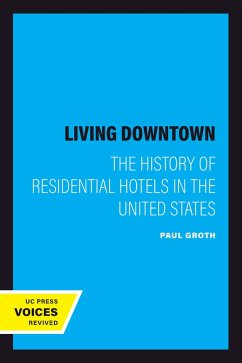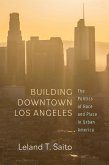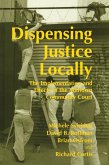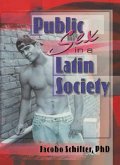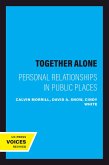From the palace hotels of the elite to cheap lodging houses, residential hotels have been an element of American urban life for nearly two hundred years. Since 1870, however, they have been the target of an official war led by people whose concept of home does not include the hotel. Do these residences constitute an essential housing resource, or are they, as charged, a public nuisance? Living Downtown, the first comprehensive social and cultural history of life in American residential hotels, adds a much-needed historical perspective to this ongoing debate. Creatively combining evidence from biographies, buildings and urban neighborhoods, workplace records, and housing policies, Paul Groth provides a definitive analysis of life in four price-differentiated types of downtown residence. He demonstrates that these hotels have played a valuable socioeconomic role as home to both long-term residents and temporary laborers. Also, the convenience of hotels has made them the residence of choice for a surprising number of Americans, from hobo author Boxcar Bertha to Calvin Coolidge. Groth examines the social and cultural objections to hotel households and the increasing efforts to eliminate them, which have led to the seemingly irrational destruction of millions of such housing units since 1960. He argues convincingly that these efforts have been a leading contributor to urban homelessness. This highly original and timely work aims to expand the concept of the American home and to recast accepted notions about the relationships among urban life, architecture, and the public management of residential environments.
This title is part of UC Press's Voices Revived program, which commemorates University of California Press's mission to seek out and cultivate the brightest minds and give them voice, reach, and impact. Drawing on a backlist dating to 1893, Voices Revived makes high-quality, peer-reviewed scholarship accessible once again using print-on-demand technology. This title was originally published in 1994.
From the palace hotels of the elite to cheap lodging houses, residential hotels have been an element of American urban life for nearly two hundred years. Since 1870, however, they have been the target of an official war led by people whose concept of home
This title is part of UC Press's Voices Revived program, which commemorates University of California Press's mission to seek out and cultivate the brightest minds and give them voice, reach, and impact. Drawing on a backlist dating to 1893, Voices Revived makes high-quality, peer-reviewed scholarship accessible once again using print-on-demand technology. This title was originally published in 1994.
From the palace hotels of the elite to cheap lodging houses, residential hotels have been an element of American urban life for nearly two hundred years. Since 1870, however, they have been the target of an official war led by people whose concept of home
Dieser Download kann aus rechtlichen Gründen nur mit Rechnungsadresse in A, D ausgeliefert werden.

